Day 10: Golan Heights - Off Road Jeep Excursion and more
Today turned out to be a remarkable day. We set out from our cabins at Kibbutz Kfar Haruv to another kibbutz located 37 miles further north in the Golan Heights right at the cease fire line between Israel and Syria.
At Kibbutz Merom Golan, we met Elon, a lifelong resident and active reservist in human intelligence in the Israeli army. With him (and three cohorts), we boarded a caravan of off-road vehicles and traveled over rugged terrain, around land-mined(!) fields, through anti-tank gullies to a point very near the border.
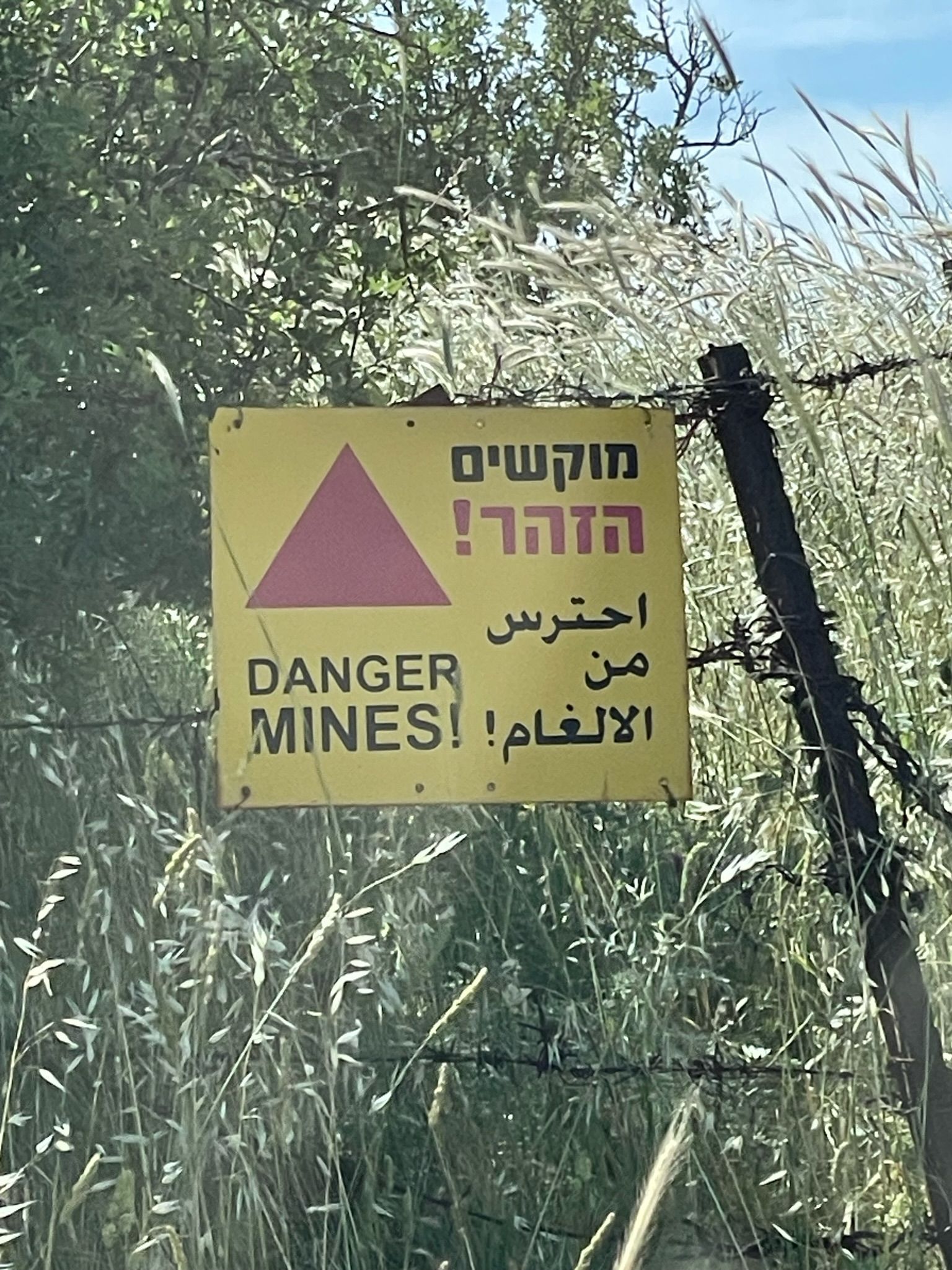
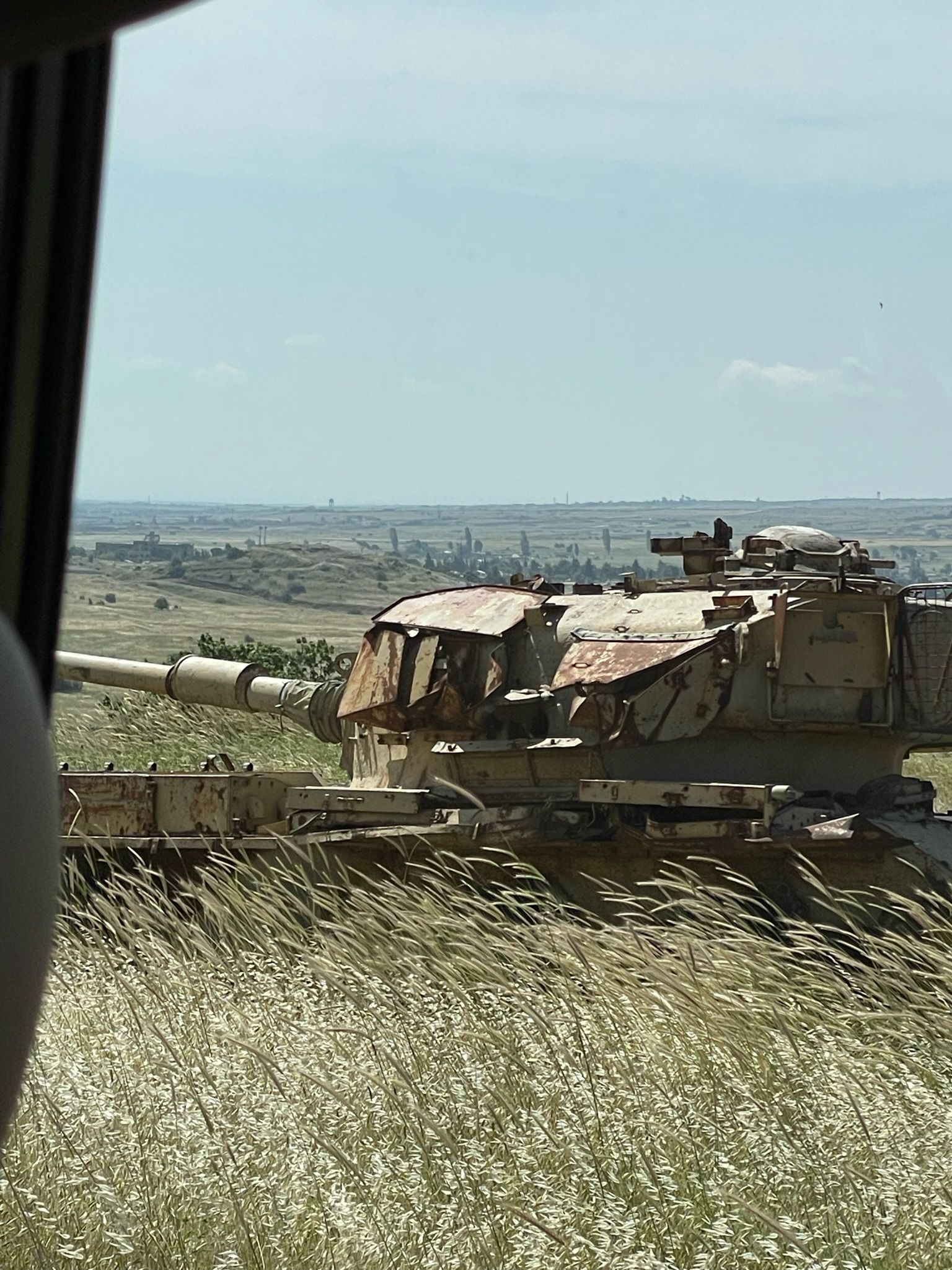
At that point, we saw several soldiers and a tank. Apparently there had been some alerts received overnight and there was concern of potential hostile activity so the soldier asked us to move further south.
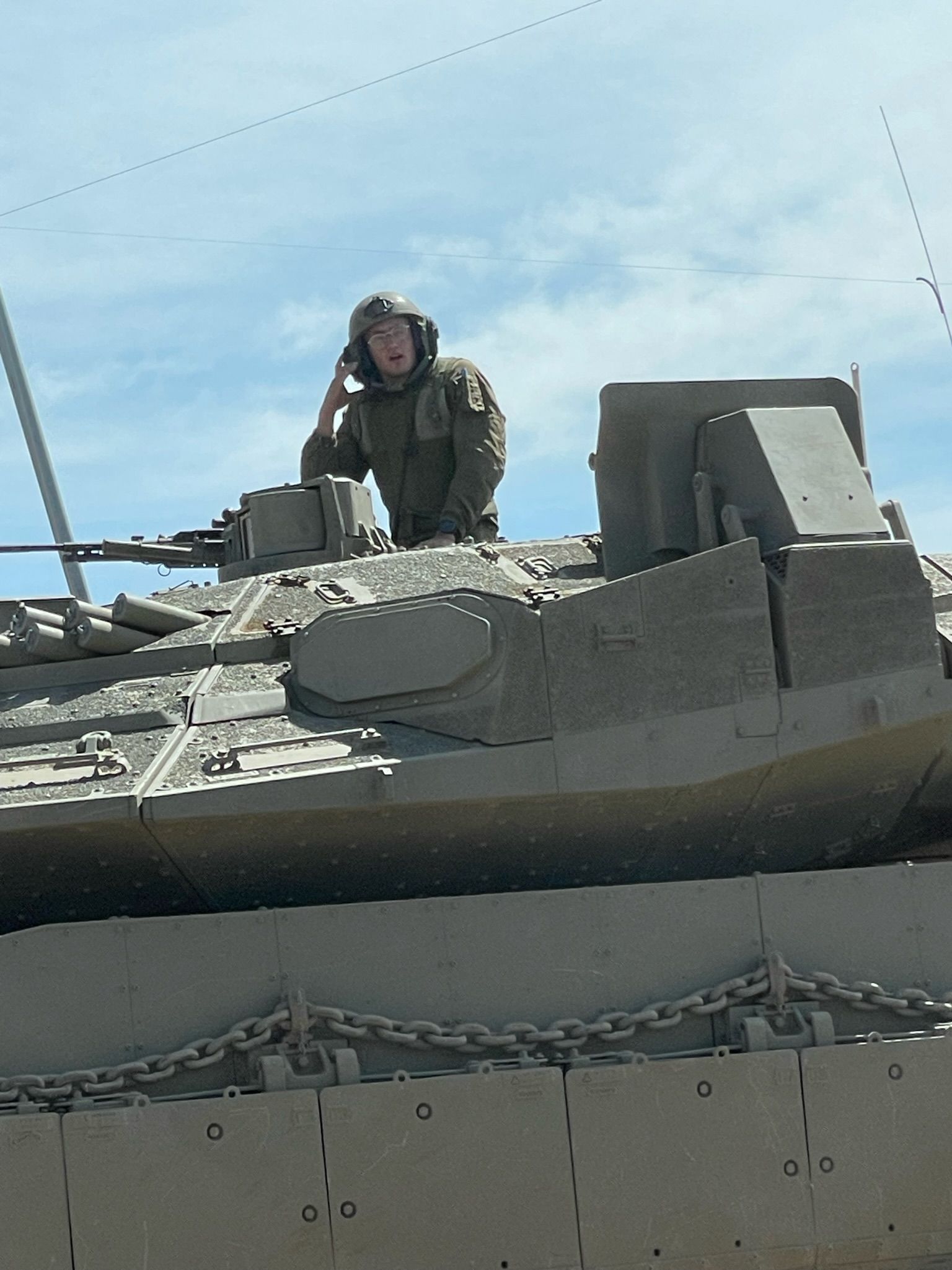
Elon had information about this but could not share specifics, and we relocated to a bombed out building that was, prior to 1967, the Syrian military command headquarters for the Golan Heights.
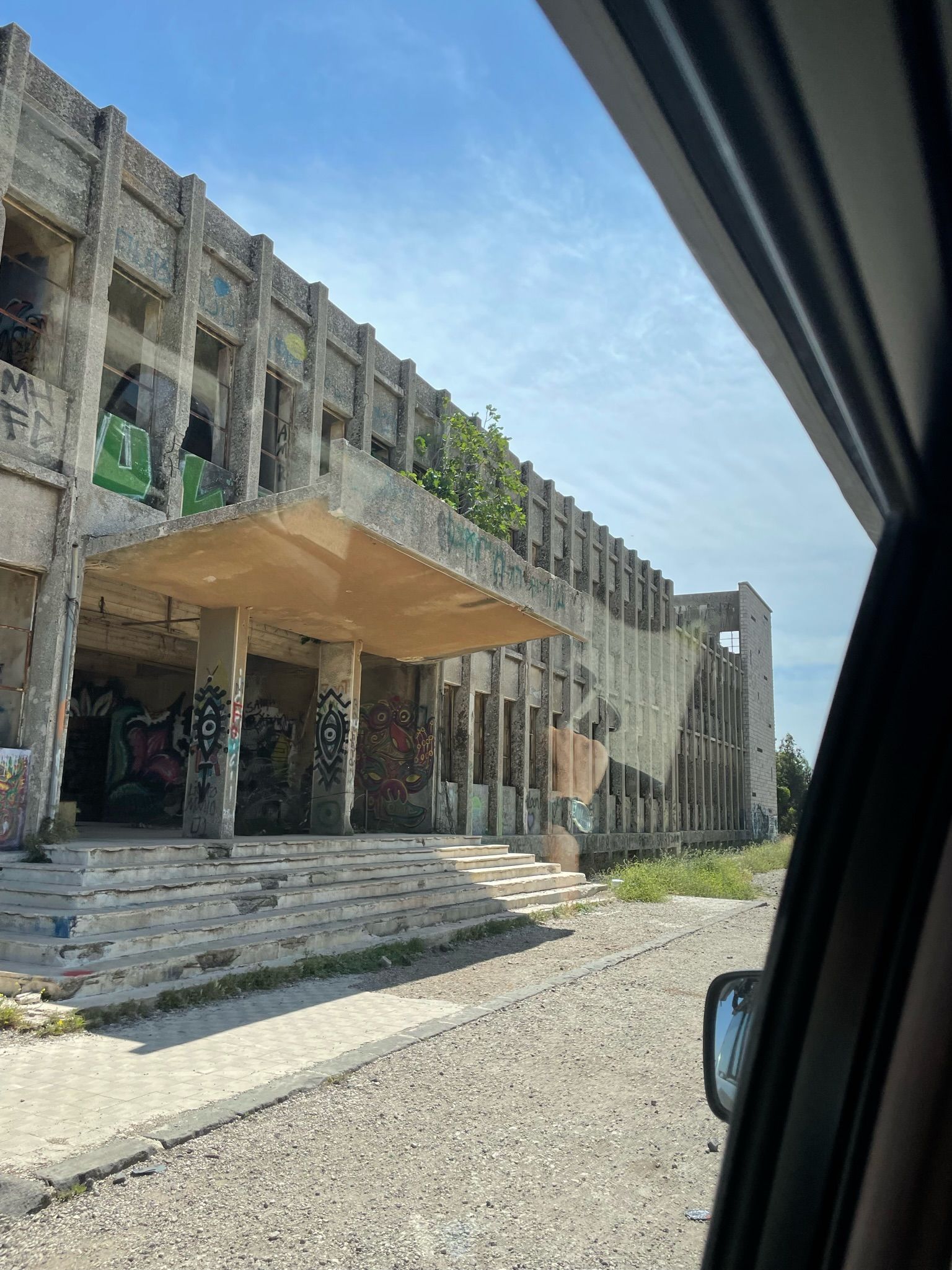

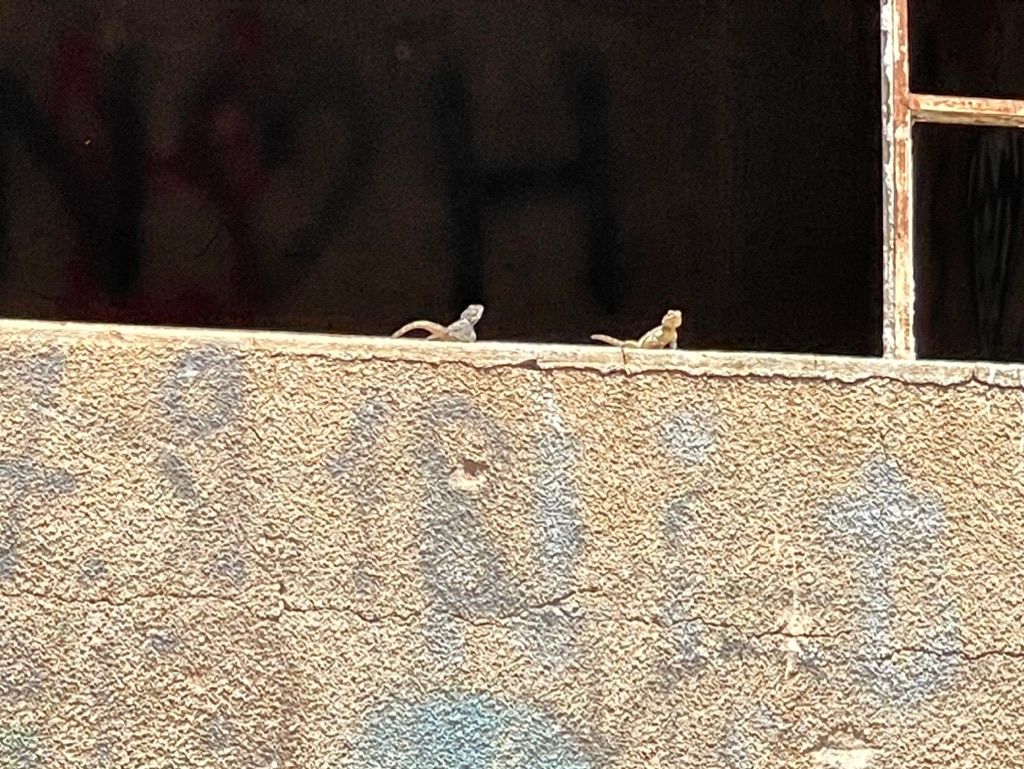
Here, we exited the vehicles, and Elon proceeded to very eloquently enlighten us about almost incomprehensibly complex social political dynamics, both strategically and tactically, regarding the Golan Heights including the many players and interest groups. He systematically discussed both the overlapping and conflicting motivations of these various groups, the history of why and how we have are arrived at this point, and shared his perspective about what can and should be done.
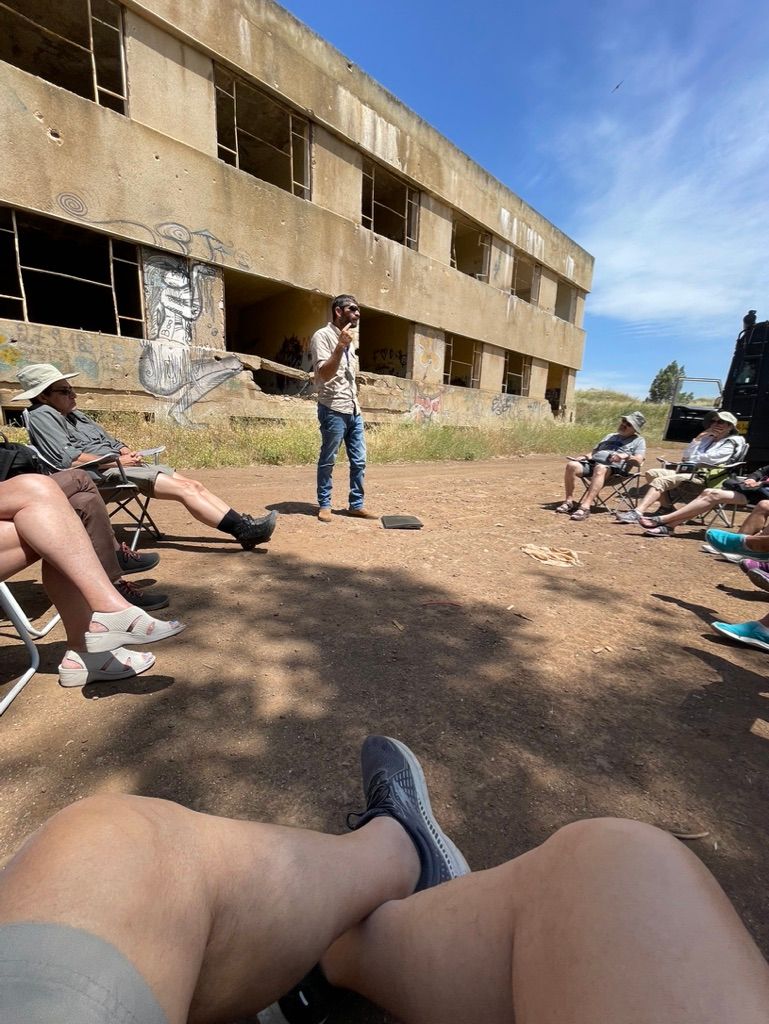
We learned about the impact of the 1967 and 1973 wars, the causes and impact of the current chaos in Lebanon and Syria, the insidious machinations of Iran at multiple levels, and more.
We had a very open discussion and came away with a much deeper understanding of the incredible challenges of finding a solution to an almost unsolvable problem. All of this took place against a backdrop of amazingly beautiful scenery.
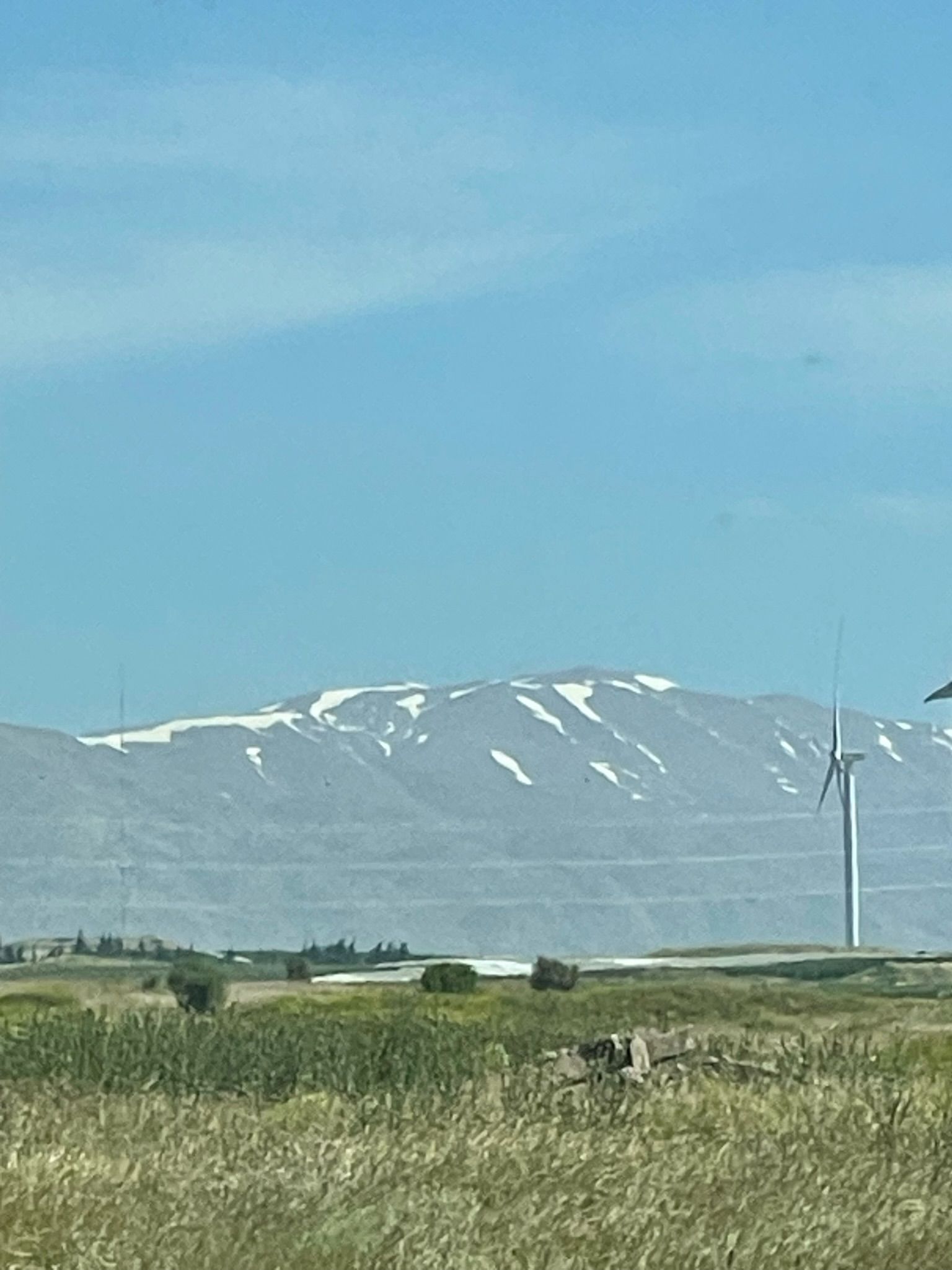
In a striking juxtaposition, we then boarded our bus to head to the nearby Druze village of Majdal Shams, a thriving and growing town in the Golan Heights.
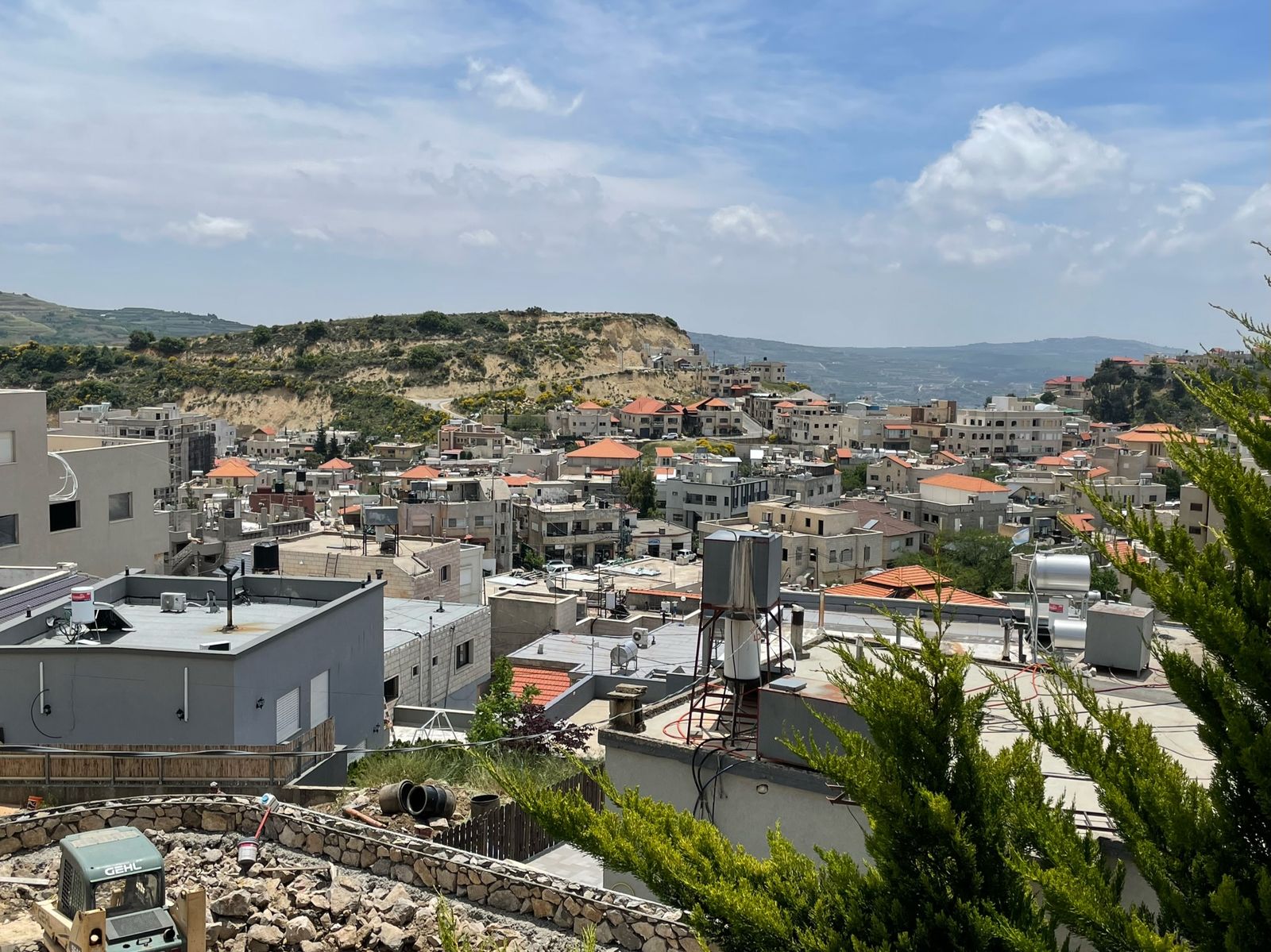
The Druze people are historically a breakaway sect from Islam and do not consider themselves Muslim. They have their own customs and religious practices. Their language is Arabic and they inhabit the Golan Heights as well as an area further south near Mount Carmel, as well as in Syria.
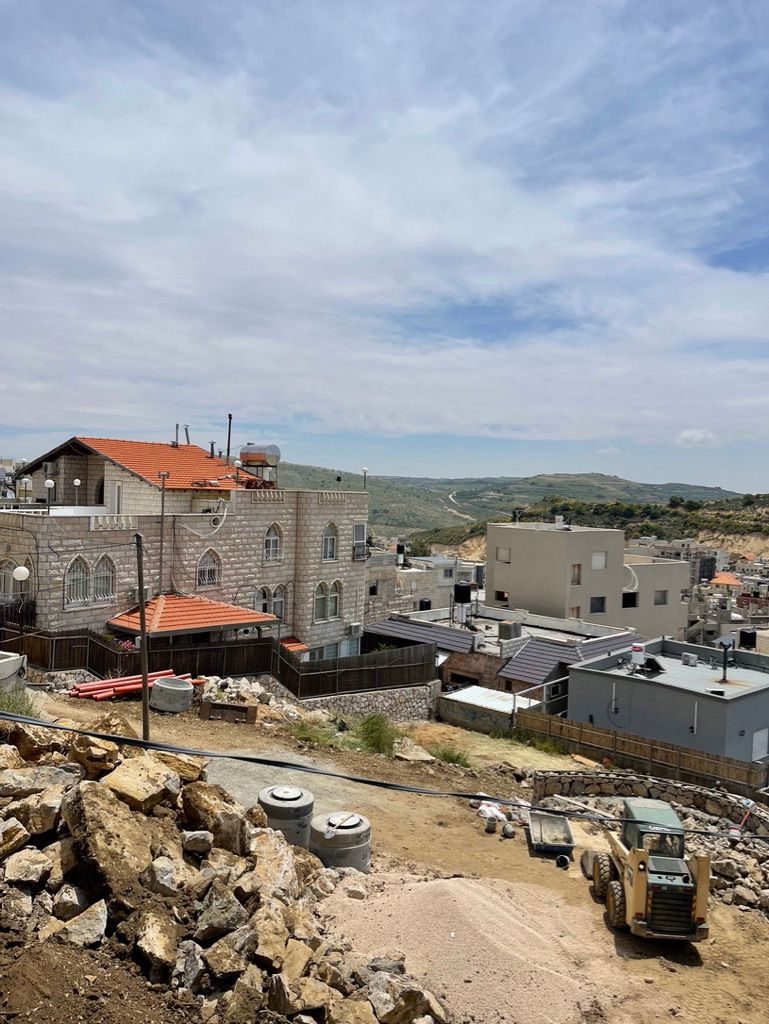
The Druze in the area of Majdal Shams are very hardworking and prosperous. They are also among the most well-educated in Israel. However, most Druze do not accept national citizenship of either Israel or Syria.
We had an incredible lunch at a Druze restaurant, Al Yasmin, and then had yet another fascinating discussion with the son of the woman who owns the restaurant. Mazdi is a college educated young man who is a proud secular Druze. He explained that Druze children when they come of age must commit to either a religious or secular path. He talked about the challenges of non-citizenship, the difficulties of seeing family who live in Syria, and his very positive outlook for the future.
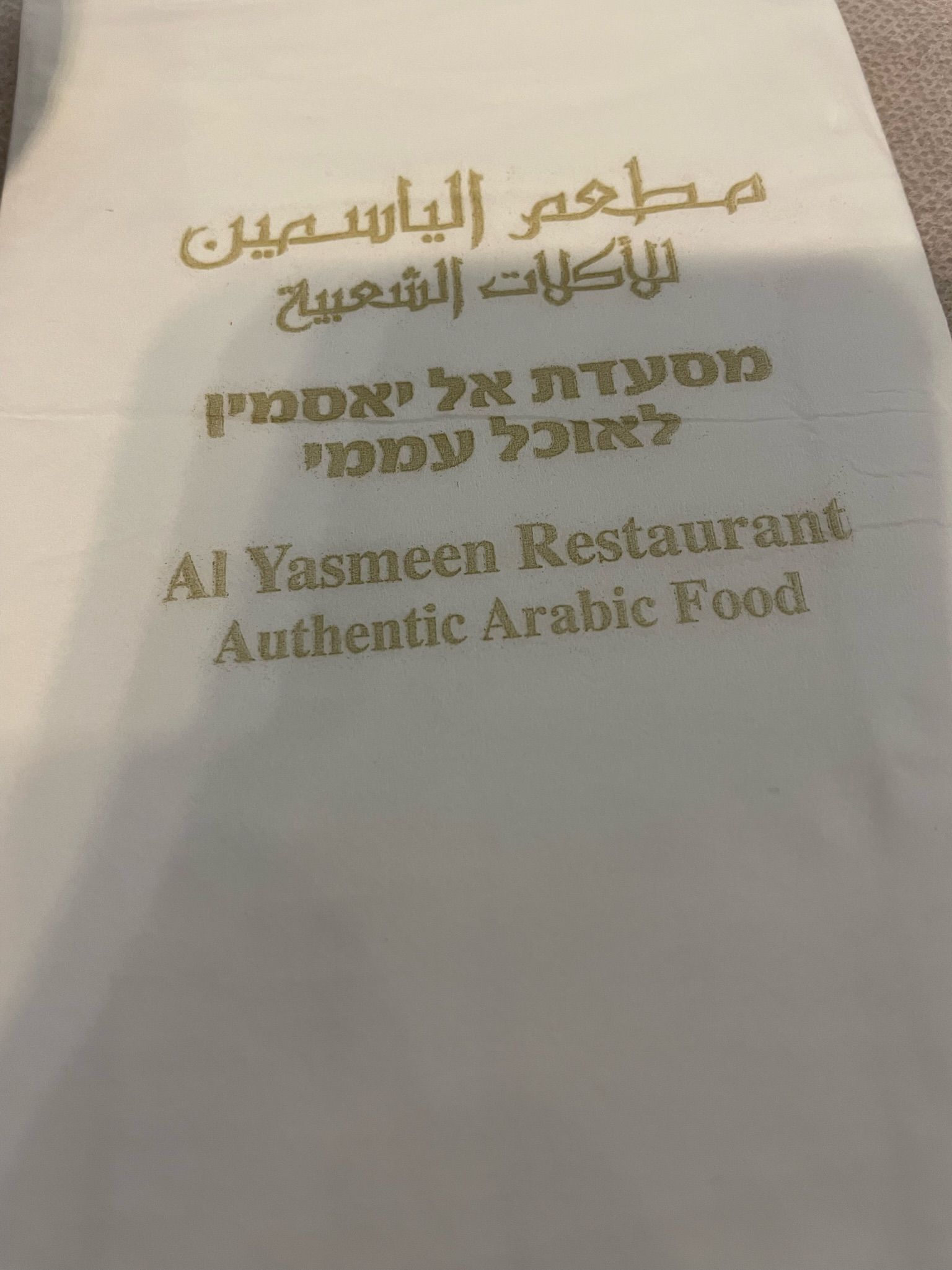
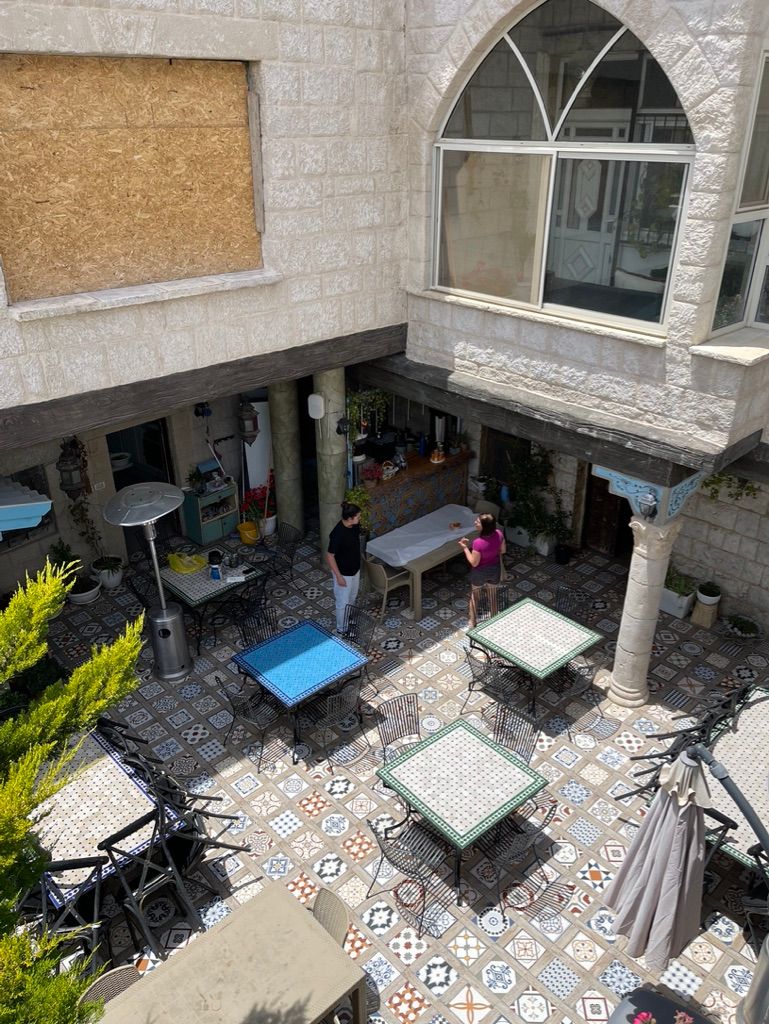
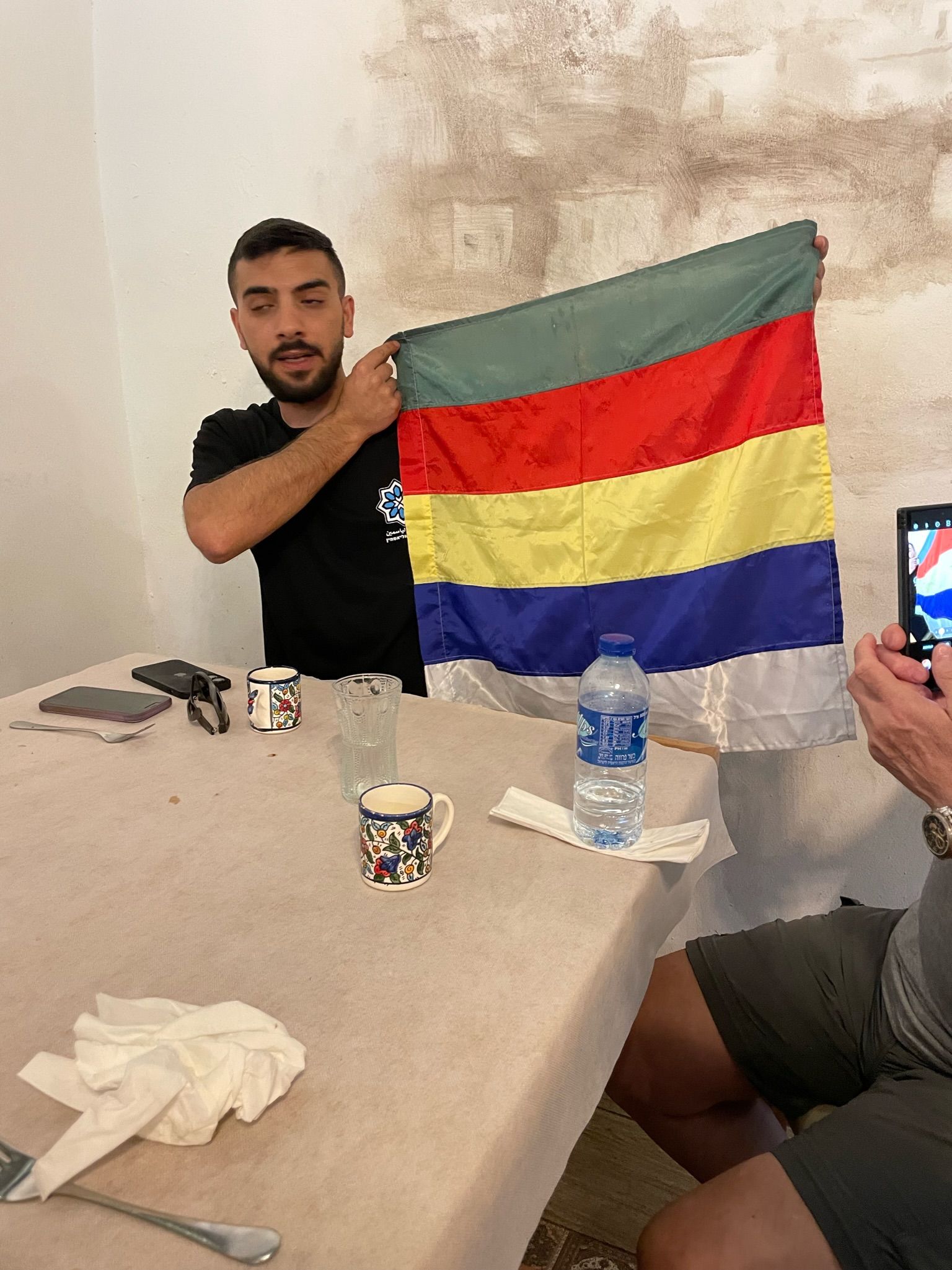
We then made a stop at a Druze supermarket to pick up some supplies for an evening picnic back at our kibbutz overlooking the fantastic view.

Overall, an amazing day.

comments powered by Disqus